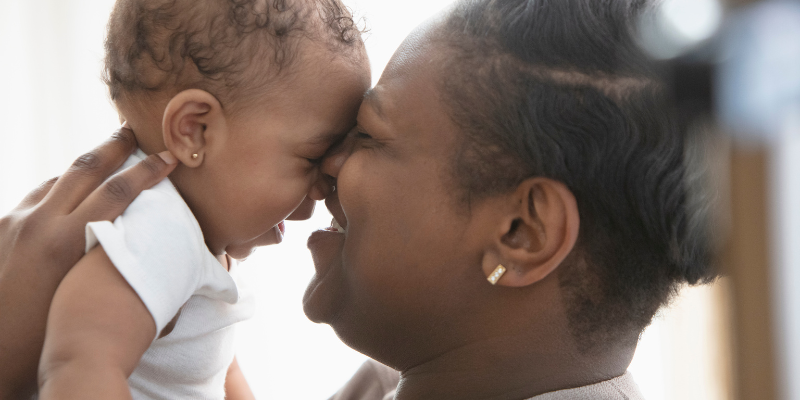Dr. Jamil Norman reveals deep systemic issues and advocates for change amidst the U.S. Black maternal health crisis in an article she wrote for The Motherly Collective.
Program coordinator at Adtalem’s Walden University, Dr. Jamil Norman, recently wrote a powerful piece in The Motherly Collective, which aims to share diverse motherhood experiences and expert advice.
Dr. Norman addresses the critical issue of Black maternal mortality in the U.S. and begins this revelation with a stark statistic: Black women in the U.S. face a childbirth mortality rate nearly three times higher than white women.
A personal encounter with this tragedy, losing a former nursing student and her baby during childbirth, underlines the severity of the issue.
Despite common stereotypes, this student was educated, middle-class, and health-aware, shattering misconceptions about who is affected by this crisis.
Dr. Norman’s research, begun in 2019, delves into Black women's perceptions of the U.S. healthcare system during pregnancy and childbirth.
Dr. Norman recounts the deep anxieties many Black mothers feel about their ability to protect their children in a society often hostile to Black males.
Highlighting the dangers of such stress, Dr. Norman emphasizes the need for healthcare providers to listen genuinely to their patients' concerns. Implicit biases, marginalization, and racial discrimination in healthcare are significant barriers that must be addressed.
Dr. Norman concludes with a call for action, including policy work, funding for community health clinics, cultural competency training, and addressing systemic issues like food deserts.
Read the full piece by Dr. Norman on The Motherly Collective.
Read more about how Dr. Norman is fighting for dignity in the Black maternal health crisis.
For more information, email the Adtalem Global Communications Team: adtalemmedia@adtalem.com.



